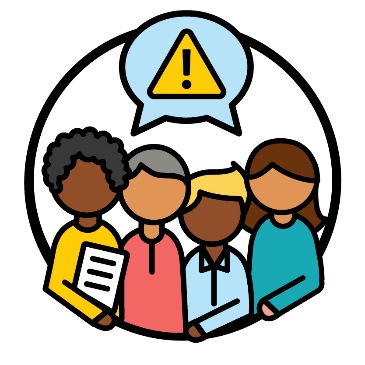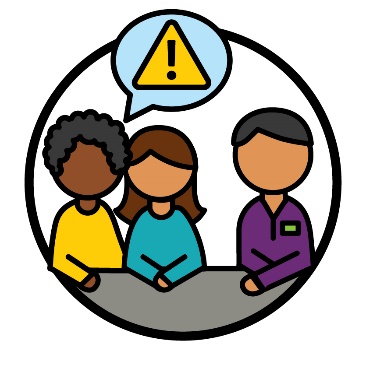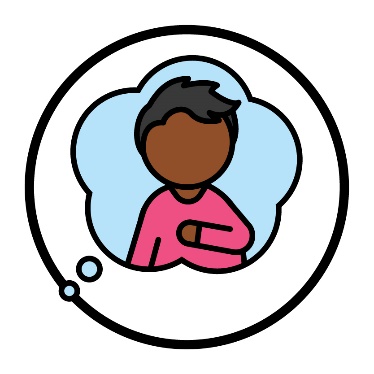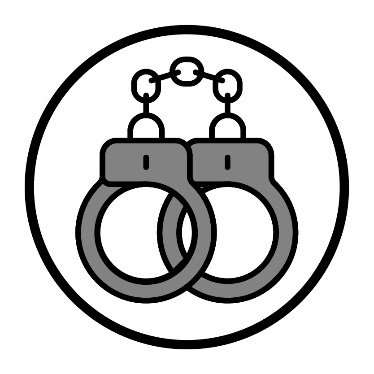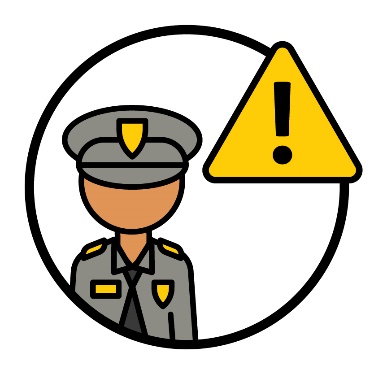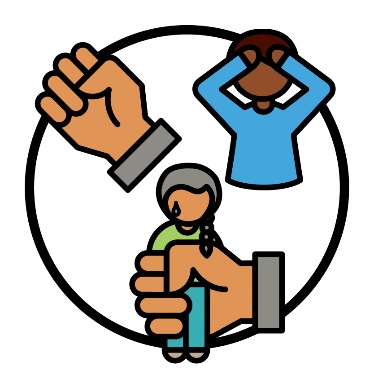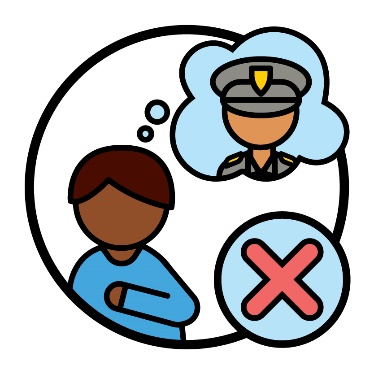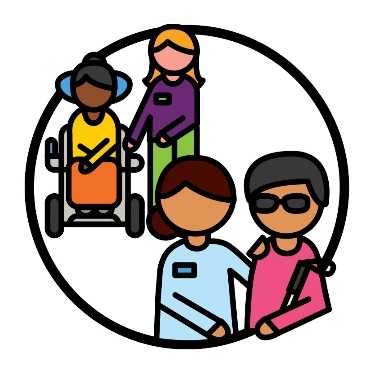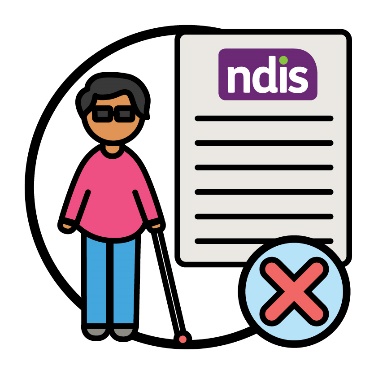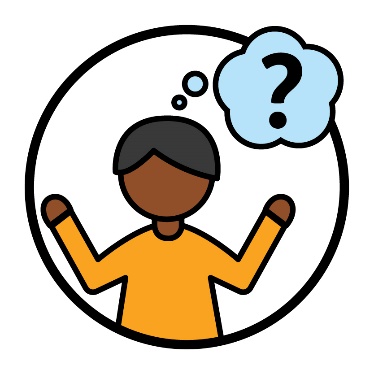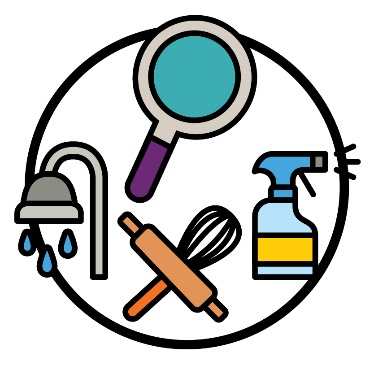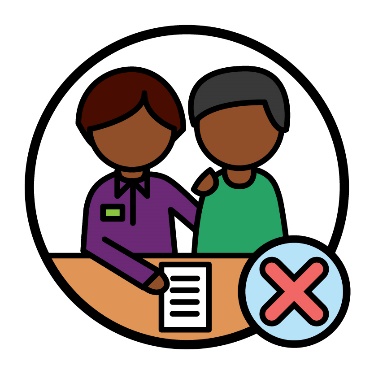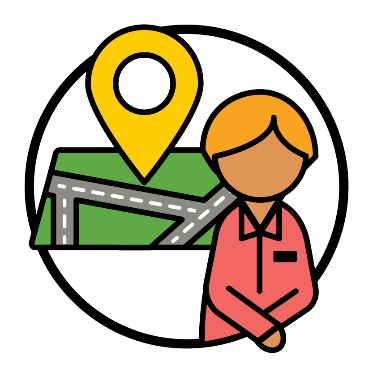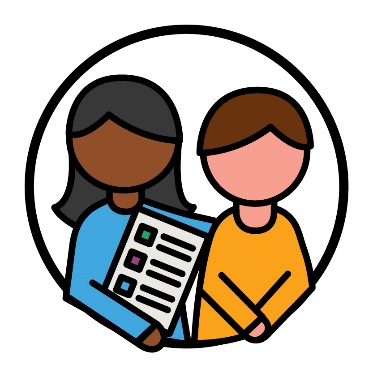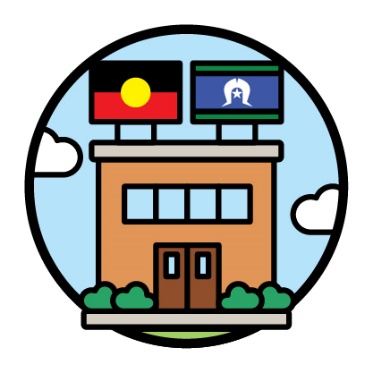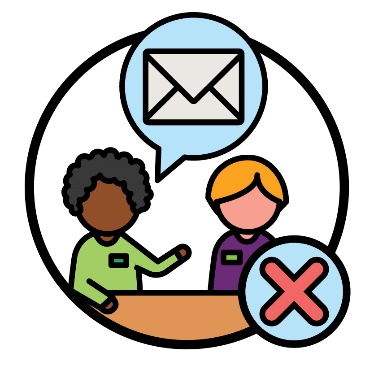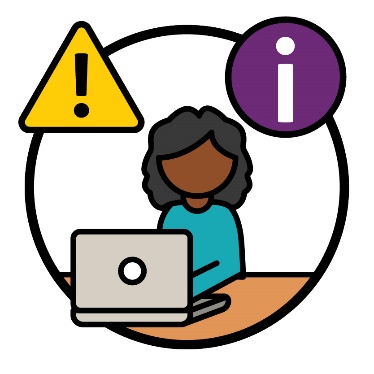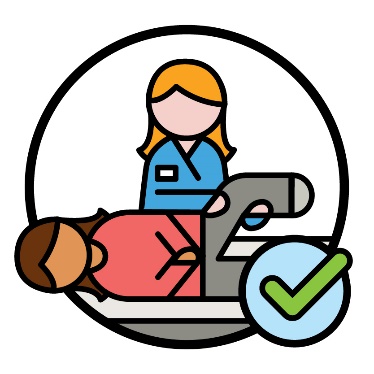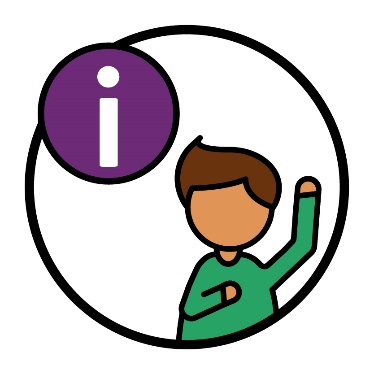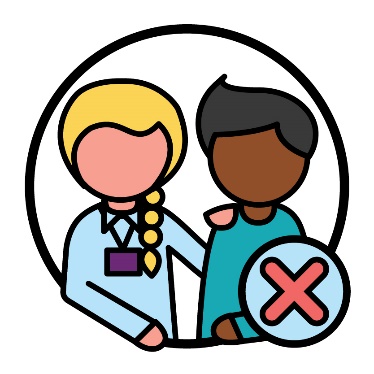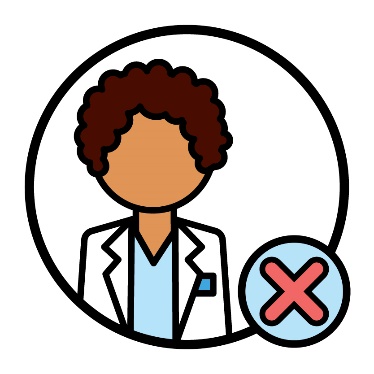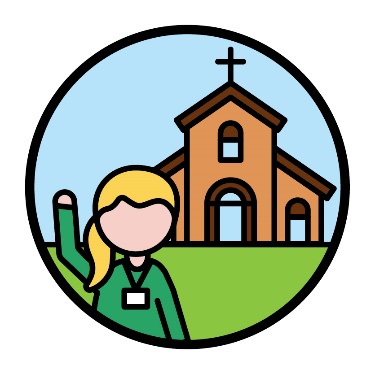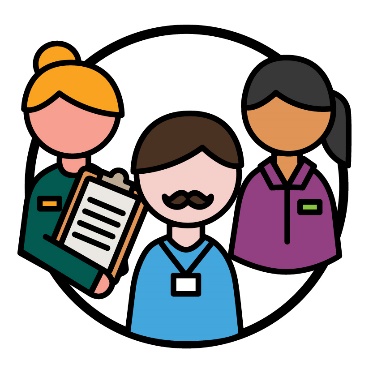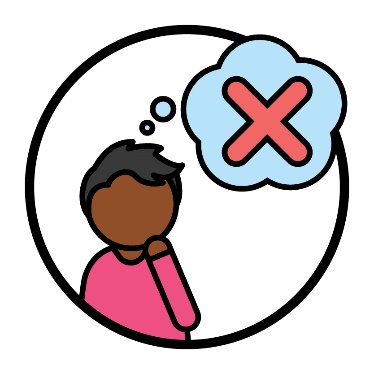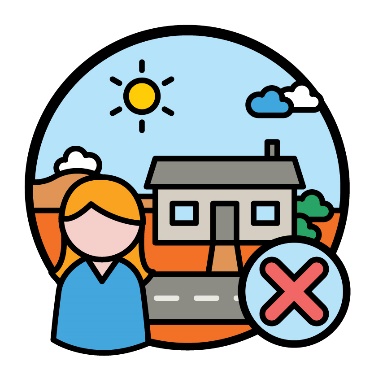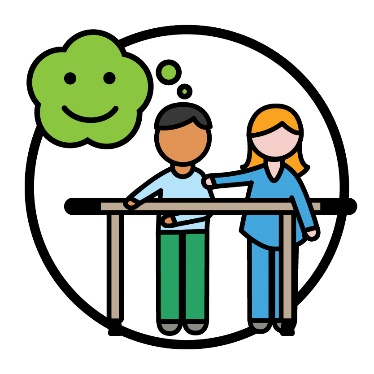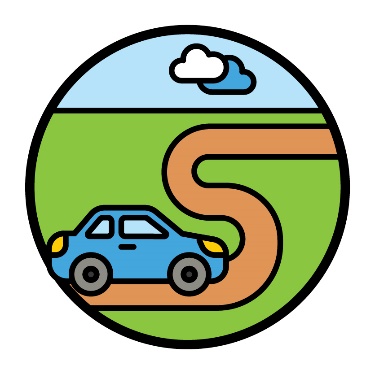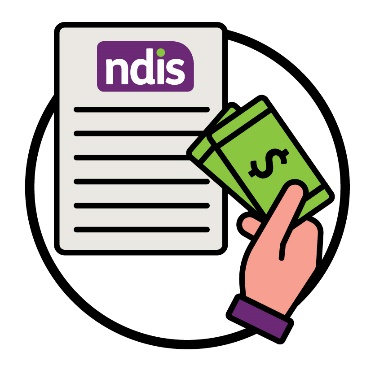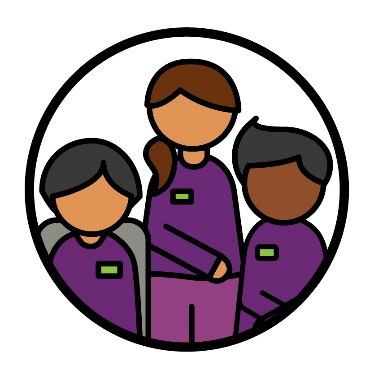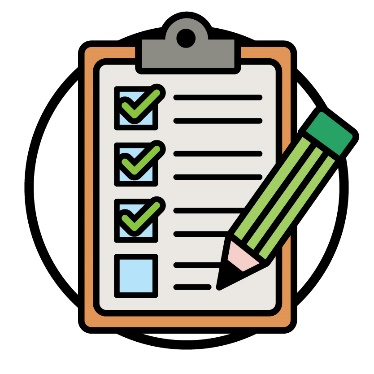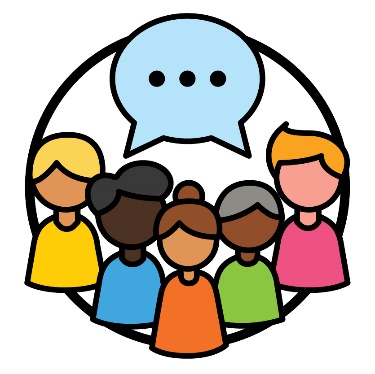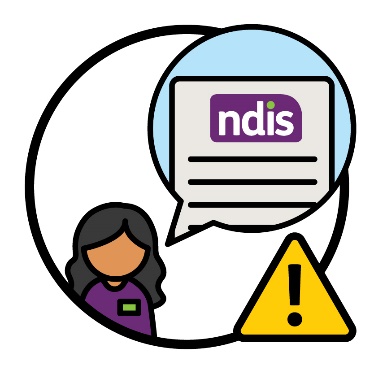Our reports
|
|
Reference Group members connected with their communities to find out about issues that affect them. |
|
|
Members shared reports about these issues with the NDIA. |
What did the reports talk about?
First Nations people and the police
|
|
Reference Group members talked about First Nations people with disability who passed away recently. |
|
|
These people passed away after they were arrested by the police. |
|
|
Members said the police use violence against First Nations people when they don’t need to. |
|
|
Violence is when someone:
|
|
|
Members also said that people in First Nations communities don’t trust the police. |
Foundational supports
|
|
Foundational supports are disability supports for all people with disability. |
|
|
This includes people with disability who don’t take part in the NDIS. |
|
|
Reference Group members said people are confused about how foundational supports will work. |
Checking if participants still need the NDIS
|
|
Reference Group members said some First Nations participants are getting letters from the NDIA. |
|
|
|
These letters tell participants that the NDIA wants to check if they can still get support from the NDIS. |
|
|
|
Members feel that First Nations participants don’t get enough support to understand these letters. |
|
This includes support from: |
||
|
|
|
|
|
|
|
|
|
|
|
|
Members are also worried that these organisations: |
||
|
|
|
|
|
|
|
|
|
|
Members said it can be hard for participants to collect information about why they need NDIS support. |
|
|
For example, some participants have to wait 3 years to: |
||
|
|
|
|
|
|
|
|
|
|
This can also be harder for participants who live far away from cities and towns. |
|
|
|
Members said this might mean some participants can’t get the support they need anymore. |
|
Finding and using services
|
|
Reference Group members said there aren’t enough First Nations people who work in health services. |
|
|
Members also said that many providers are part of religious organisations. For example, they might be part of a church. |
|
|
Providers support people with disability by delivering a service. |
|
|
First Nations participants can feel uncomfortable about using these providers. |
|
|
Members also said there aren’t enough therapists in places far away from cities and towns. |
|
|
Therapists use different types of support to help improve how:
|
This means participants might have to: |
|
|
|
|
|
|
|
First Nations workers at the NDIA
|
|
The NDIA shared that 234 First Nations people work for them. |
|
|
|
The NDIA’s goal is for 5% of their staff to be First Nations people. This means they are nearly at their goal. |
|
Support to hear from more people
|
|
Reference Group members asked for support to hear from more people in the community. |
|
|
They said it is hard to let people know about what the NDIS can do for them. |
